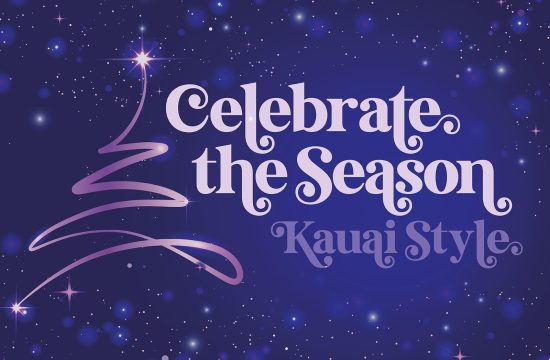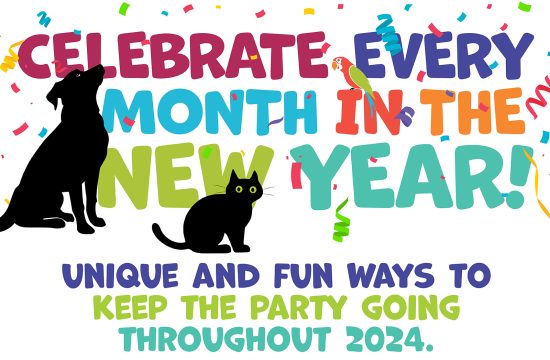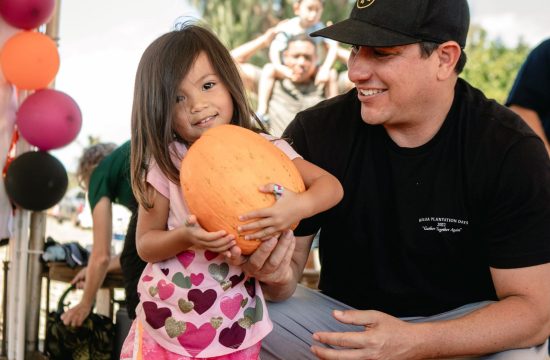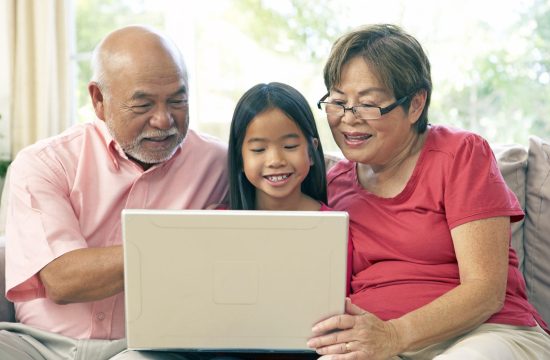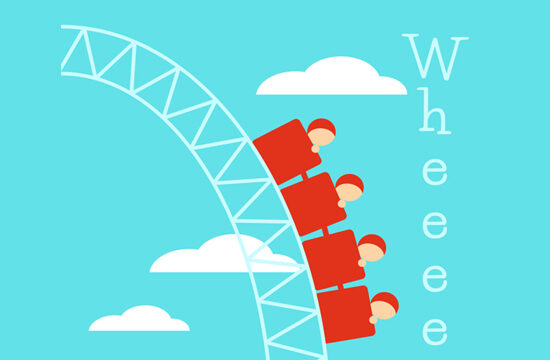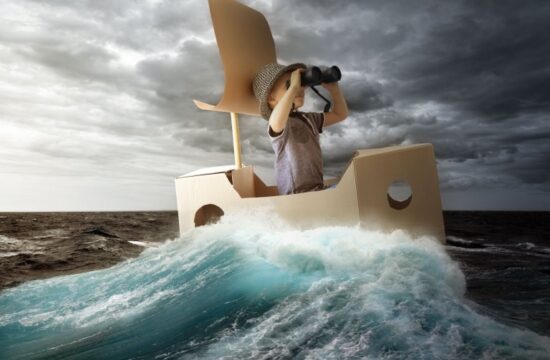Winter Holidays and Big Waves
Hawaiian winter is here again.
Holidays are here again.
Big wave surfing is here again.
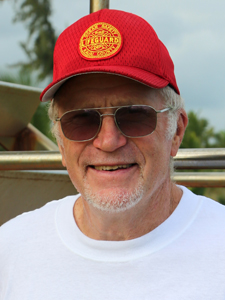
President
Kaua`i Lifeguard Association
I myself am not a big wave surfer and I don’t experience the thrill first hand. I have friends and acquaintances who are, and I enjoy hearing them describe both the daredevil thrill of riding big waves, and also the palpable tension in the air when a big-surf day is dawning on the North Shore. People who live near the water can hear the booming waves through the night and they well know that excitement is on the day’s menu.
What does this mean for normal people like you and me, people who enjoy cooling off in the water, who may want to enjoy some snorkeling or some small shorebreak body surfing, or who like to get their workout?
It’s usually pretty obvious what it means: It means be careful. It means ask people who are familiar with this kind of ocean for their advice about going in or near the ocean. In particular, it means ask Lifeguards for their advice. Often enough you’ll find out that the answer is “Hey, don’t go in the ocean today.” Sometimes, depending on the angle of the incoming swells, there are corners and coves that seem to be protected from the direct swell. But even in these areas, the surrounding water activity may be setting up unseen rip currents that require some expertise to spot, and that can take you further out to sea than you might have wished for or expected.
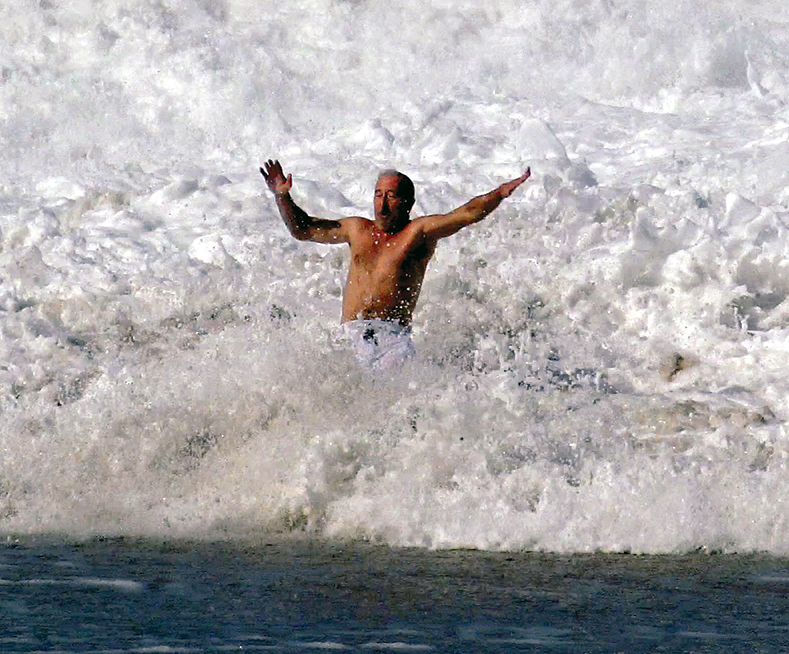
Residents, especially those who have been through a few winters here, tend to be very aware of the conditions and of their own limitations. One glaring exception to this is that every now and then some youth will get into a “let’s play chicken” game on beaches where waves are booming. A couple of years ago there was such a game going on and one of the youth got swept far out to sea. Fortunately the young man at least had the local knowledge to stay calm, and our Lifeguards soon took their own risk in the huge rough ocean and arrived on-scene with their Jetski and they rescued the boy.
Visitors? This is a big challenge. Although guide books have become much better at putting critical safety information into their beach descriptions, unfortunately social media may not offer up any such information. A visitor might well log onto “beautiful Kauai north shore sites” and might see a gorgeous photo of Queens Bath, or of Lumahai, as examples. Along with directions of how to get there. Those of us who’ve been around for a few years know what can happen next, and the catastrophe affects us all.
This is where we all have to try and be “our brother’s (or sister’s) keeper.” We have to get in the habit of telling people to be careful, to ask Lifeguards for advice, to ask concierges for advice.
This is where we all have to try and be “our brother’s (or sister’s) keeper.” We have to get in the habit of telling people to be careful, to ask Lifeguards for advice, to ask concierges for advice. Very often the advice will be “don’t go in or near the water on the North Shore today. You need to drive to the South Side or Salt Pond if you want to go in the water.” Outfits like resort hotels, time share condo’s, B & B’s, need to be responsible and reach out with safety information. Our Kauai Lifeguard Association has to do it’s part to promote prevention programs such as safety videos, safety brochures in every room, rescue tube stations at beaches where there aren’t Lifeguards, etc. And our Lifeguards themselves are of course our #1preventer, logging well over 100,000 preventions every year.
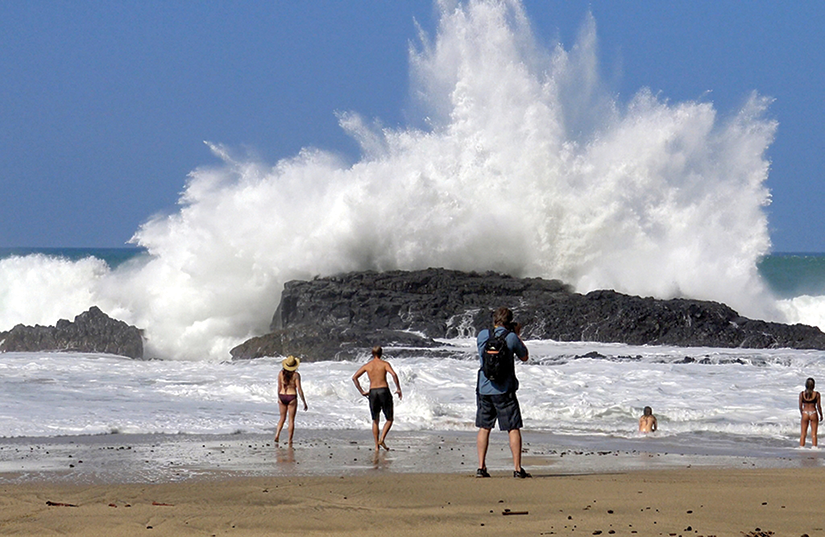
If the past is an indicator, we will have people drown this winter. Even though we recently have been hearing about worldwide suffering on a massive scale (hurricanes, typhoons, mass shootings, refugees), one family’s suffering from an unexpected drowning is as devastating to that family as when we read about large numbers in newspaper articles. Any time and any way that we can avert one of these drownings is glorious. So, we need to be like our Junior Lifeguards: Since we live on an island, we need to learn safety principles that can save our selves and save our loved ones. And we also need to learn how to take care of our visitors, who after all are our island economy’s life-blood.
Very best wishes for a safe and happy Holiday Season.


